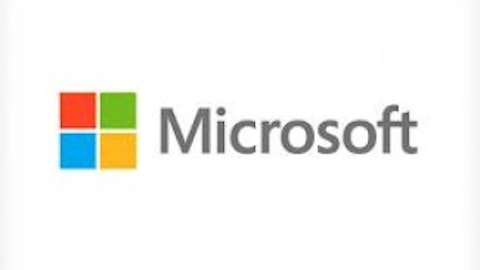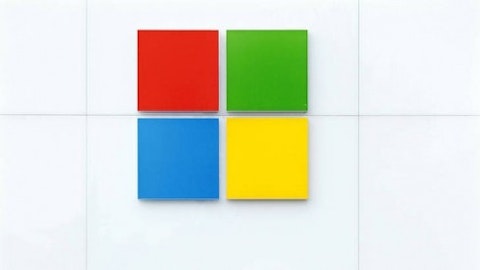Following Apple Inc. (NASDAQ:AAPL)‘s recent iPhone event, I criticized the company’s unwillingness to offer a cheaper iPhone. Despite earlier reports of a budget device aimed at emerging markets, the iPhone 5C will retail for about $550 off contract — far more expensive than most analysts had anticipated.

In response, some have argued that Apple is defining itself as a premium brand — a BMW, a Louis Vuitton; a company that can thrive from selling premium products to (relatively) rich consumers.
Unfortunately, that just isn’t the case. Unlike makers of luxury cars and expensive handbags, market share matters to Apple. Strictly offering the aspirational product just isn’t going to cut it.
Smartphones that you shouldn’t buy
When it comes to buying a new smartphone, there are really only two choices: Apple Inc. (NASDAQ:AAPL)’s iPhone, or a Google Inc (NASDAQ:GOOG) powered Android device. Microsoft Corporation (NASDAQ:MSFT)‘s Windows Phone and BB10 devices, despite offering interesting features and intuitive interfaces, are just not worth purchasing.
It’s all about the apps: Windows Phone and BB10 lack them. A consumer buying a Windows Phone today would miss out on many key apps such as Amazon Instant Video, Citibank, Dropbox, and Flipboard, not to mention popular games like Candy Crush Saga. And should new apps spring up in the future, they would take months to make it to the Windows Phone platform — if they ever do at all.
After purchasing Nokia Corporation (ADR) (NYSE:NOK), Microsoft Corporation (NASDAQ:MSFT) is more committed than ever to the Windows Phone platform. Still, I think it’s unlikely that the Redmond tech giant succeeds. Consider the fact that Nokia, despite making a big deal about its refusal to adopt Android, was secretly working on an Android-powered Lumia prior to Microsoft’s purchase.
Despite the fact that Samsung dominates Android, and Microsoft Corporation (NASDAQ:MSFT) had actually paid Nokia to make Windows Phones, the company was still at least considering jumping ship.
Why market share matters
The companies that develop mobile apps have to make a decision: Which operating system should I invest my time and money on?
In the US, that’s iOS. Developers continue to stand by Apple Inc. (NASDAQ:AAPL)’s mobile operating system because it’s easier to code for, its users are more willing to pay, and there’s tons of them. But outside of the US, that’s not the case.
In China, for example, Android is dominant and Android apps are big business — in July, search giant Baidu.com, Inc. (ADR) (NASDAQ:BIDU) paid $1.9 billion to acquire 91 Wireless, an Android app store. (As Google Inc (NASDAQ:GOOG) does not operate in China, its iTunes rival Google Play is not a major player.)
For now, these two markets stand largely independent of one another. Americans tend to use American-made (or at least Western) apps. The Chinese use Chinese-made apps. But what if that wasn’t always the case?
Research firm Flurry noted that Chinese mobile developers are beginning to export, building apps for the Korean and Japanese market. In time, they could turn their focus toward the West, putting their apps up on Google Play, and giving Android the app advantage over Apple Inc. (NASDAQ:AAPL)’s mobile operating system.
The dynamics of platform businesses
For premium companies in other industries, market share does not matter. A Louis Vuitton handbag purchased by one consumer doesn’t necessarily make the same bag owned by a different consumer more valuable (indeed, if the brand became too popular, it could actually become less valuable).
But with the iPhone, Apple is selling a platform. The more iPhone owners are out there, the more valuable each iPhone becomes — more developers code for iOS, making better apps for the phone, in turn making the existing phones more valuable to their owners.
In order to survive, Apple Inc. (NASDAQ:AAPL) needs to maintain a sizable market share. As Android has grown, iOS has dwindled, and now stands at just 14% of the worldwide market. A cheaper iPhone could’ve done much to change that, but unfortunately, Apple appears to be unwilling to release such a device.
The article Apple Can’t Survive as a Premium Brand originally appeared on Fool.com.
Sam Mattera has no position in any stocks mentioned. The Motley Fool recommends Apple and Google. The Motley Fool owns shares of Apple, Google, and Microsoft.
Copyright © 1995 – 2013 The Motley Fool, LLC. All rights reserved. The Motley Fool has a disclosure policy.





